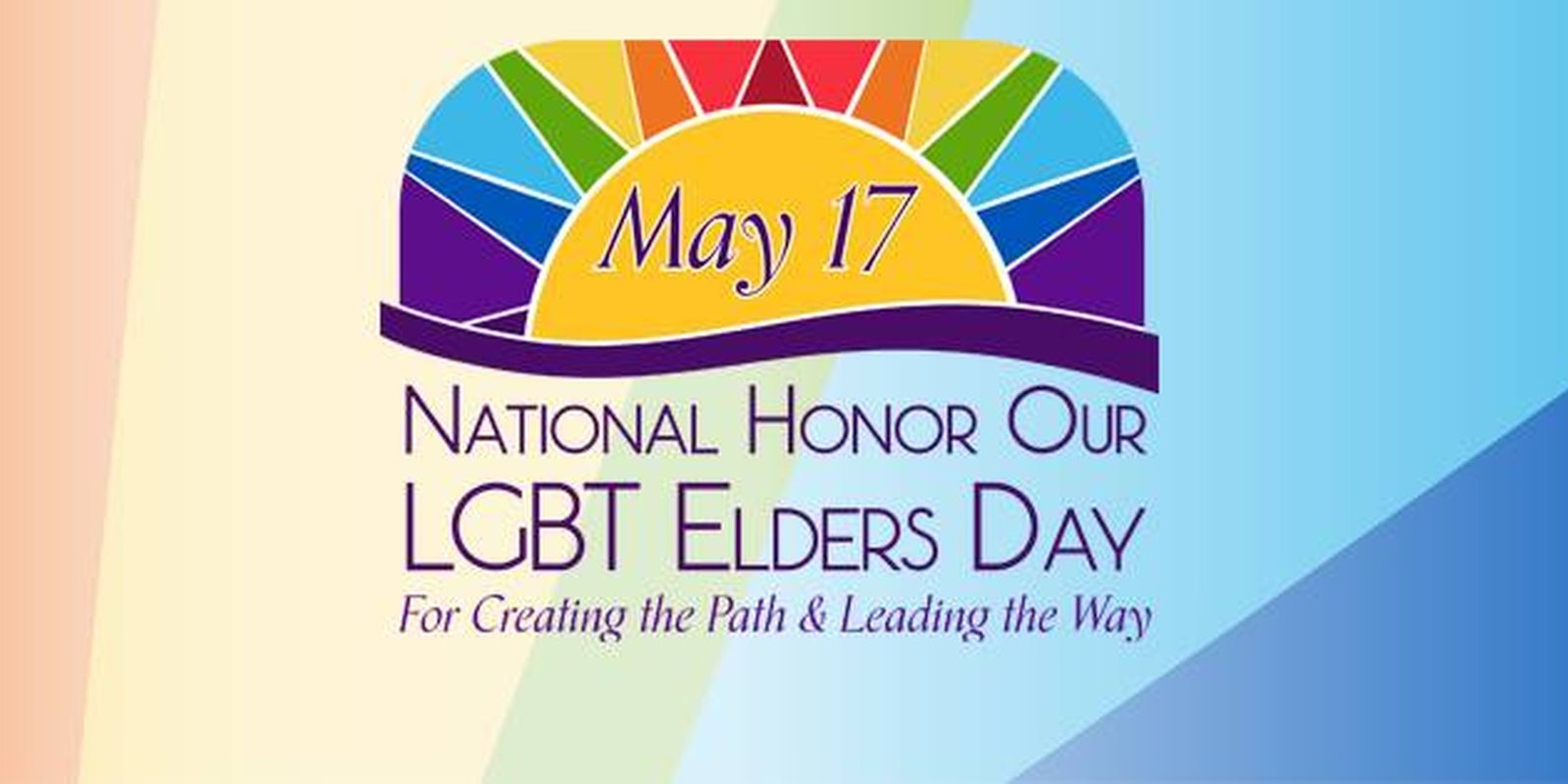In Baltimore on Tuesday night, eight LGBT seniors are going to be honored at a pinning ceremony in recognition of their service.
But these older adults aren’t military veterans. Instead, they are being honored by younger members of the LGBT community who want to take a moment to thank them for quietly enduring decades of homophobia and transphobia.
This Tuesday marks the inaugural celebration of National Honor Our LGBT Elders Day, which Baltimore’s Chase Brexton Health Care and SAGE (Services and Advocacy for GLBT Elders) created in order to celebrate older adults that tend to fly under the radar in the LGBT community, despite having endured some of the most difficult homophobic periods in recent history. Tonight two elderly locals will have their portraits unveiled at Chase Brexton, as part of photographer Jess Dugan’s To Survive on This Shore series, focusing on transgender and gender non-conforming adults over age 50.
The new holiday falls on the same day as the International Day Against Homophobia, Transphobia, and Biphobia. It also comes on the heels of a similar holiday, LGBT Elders Day, that falls on November 9 and aims to raise awareness of older adults in the community.
“Everyone thinks about Stonewall and the early days of the movement,” said Alex Kent, a program coordinator of a special Chase Brexton-SAGE partnership. “This day is to make sure we’re also recognizing people who were not necessarily out, loud, and proudly storming the streets, but quietly living their lives and moving things forward.”
Kent pointed out that many young LGBT people are growing up in a culture that represents them on TV and in movies, in which same-sex marriage is legal; the federal government speaks out on behalf of transgender rights; and many queer couples raise children happily.
“But a lot of our elders lived through times when it was actually illegal to be gay,” said Kent. “It was considered a mental illness—homosexuality was in the DSM [the American Psychological Association’s Diagnostic and Statistical Manual] until 1973. You could lose your job, have your children taken away, be thrown into a mental institution or in jail.”
As a result, many LGBT elders see themselves and the world at large through vastly different lenses than younger people do. When you lived through the 1940s and 1950s and could not be openly gay for most of your young life, it’s hard to suddenly embrace your own sexual orientation just because it’s legal.
“A lot of older adults still have a lot of internalized homophobia and deep fear,” Kent said. “A lot of our elders don’t access health services, for example—because many of them lived in fear for years and were turned away and rejection.”
Last November, LOGO aired the documentary #GenSilent, about the creeping isolation that envelopes older LGBT adults—many of whom never married or had children because they weren’t legally able to. For older adults without surviving families, often their only relationships are with professional caregivers at senior centers and residential homes. And the homophobia, transphobia, and biphobia prevalent in such environs can lead many LGBT elders to go back into the closet.
Groups like SAGE work to train and educate eldercare facilities, but many older adults still struggle with the idea of coming out while dependent on caretakers who they fear might abuse them or try to pressure them to be “cured.”
Isolation isn’t the only challenge faced by LGBT seniors. In a heart-wrenching class action lawsuit filed by Lambda Legal this April, a group of senior citizens living in Florida is battling the state for its refusal to recognize their marriages. The lawsuit is named for Hal Birchfield, who lost his husband after more than 40 years together—and one year as legal spouses after New York legalized same-sex marriage. Birchfield is just one of many Florida seniors whose name does not appear on his spouse’s death certificate—even after same-sex marriage was legalized nationally in 2015.
Death certificates are not typically something that younger LGBT couples have to consider, and the Birchfield case is just one example of the unique struggles facing LGBT seniors. That’s part of why SAGE links intergenerational relationships through its Friendly Visitor program, where volunteers commit to a year of visits with a homebound elder.
But the hope for National Honor Our LGBT Elders Day, which people celebrate on social media using #HonorOurLGBTEldersDay, is that the community will go beyond occasional volunteering and take a moment to recognize the long, hard years of struggle that came from simply living while LGBT during less-friendly times. And as Kent told the Daily Dot, the effect of the holiday is already being felt in Baltimore.
“Some of these elders, when they got the invitation to be honored, they were floored,” said Kent. “No one had ever said, ‘You’re extraordinary and just by living your life, you’re amazing.’”


